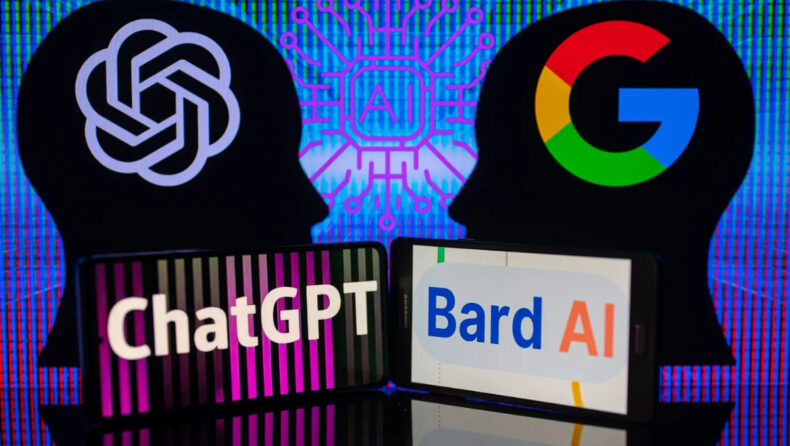Bard has recently introduced global enhancements, extending its reach to users worldwide.
Bard, the artificial intelligence chatbot developed by Alphabet, is expanding its presence in Europe and Brazil starting this Thursday. This expansion marks the largest scale-up for the product since its initial launch in February, placing it in direct competition with Chat GPT, a rival supported by Microsoft.
Bard and Chat GPT are conversational programs powered by generative artificial intelligence, designed to engage in human-like conversations and respond to various prompts from users. These products have generated worldwide enthusiasm while also instilling a sense of cautiousness.
Companies have enthusiastically embraced the AI trend, pouring billions of dollars into investments with the anticipation of reaping substantial returns from advertising and cloud-based revenue. Just recently, billionaire Elon Musk unveiled his highly anticipated artificial intelligence startup called xAI. Notably, the team behind xAI consists of several former engineers from renowned companies such as Google, Microsoft, and OpenAI.

Bard advancements in AI world
In a recent blog post, Google senior product director Jack Krawczyk announced that Bard has been equipped with new features that are now available globally. According to Krawczyk, as of today, users can engage and collaborate with Bard in more than 40 languages, such as Arabic, Chinese, German, Hindi, and Spanish.
Google has recently introduced worldwide enhancements to Bard, incorporating new features such as the chatbot’s capability to vocalize responses and its ability to engage with prompts that include images.
Occasionally, listening to something being spoken aloud can provide a fresh perspective on your ideas. This can be particularly beneficial when seeking the accurate pronunciation of a word or when desiring to experience the auditory beauty of a poem or script.
According to his statement, users now have the ability to customize the tone and style of Bard’s responses, offering options such as simple, long, short, professional, or casual. Additionally, they can conveniently pin or rename conversations, export code to various platforms, and incorporate images within their prompts.
The introduction of Bard in the European Union faced delays due to the concerns of local privacy regulators. However, Jack Krawczyk mentioned that Google subsequently engaged with these regulatory authorities to address their apprehensions regarding transparency, choice, and user control.
During a briefing with journalists, Amar Subramanya, Vice President of Engineering for Bard, emphasized that users have the option to choose not to have their data collected.
Google is facing a new class action lawsuit in the United States regarding the alleged improper utilization of users’ personal information for the training of its artificial intelligence system. When asked about potential plans for a Bard app, Amar Subramanya refrained from providing any comment.
He further mentioned that Bard is an experimental venture, emphasizing the company’s intention to pursue an approach that is both daring and accountable.
However, the allure of novelty appears to be diminishing, as recent web user statistics indicate a decline in monthly traffic and unique visitors to Chat GPT’s website in June, marking the first such decrease ever recorded.













